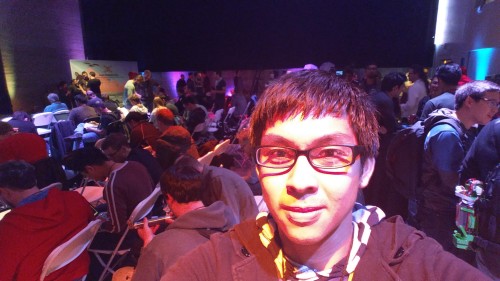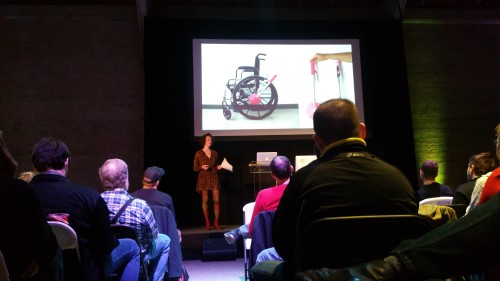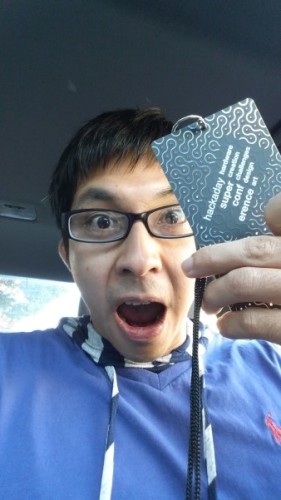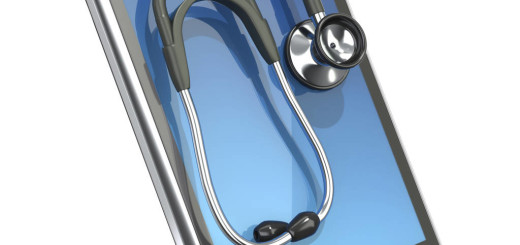Medtech Hacking – You Don’t Have to Be a Medical Expert to Contribute to Medicine
This past weekend I had the opportunity to attend the Hackaday #Superconference. This event was the first of it’s kind and hosted by the people behind the successful niche website, Hackaday.com. I was really excited to be invited to attend this event because I’ve been reading Hackaday almost daily since 2006, and I have had a few of my pet projects featured on the website in the past. Events like these (i.e. Makerfaire, Defcon, etc…) remind me that future progress in Medicine is dependent on the intersection and convergence of many different (and sometimes surprising) fields of science, engineering, and art.

Hackaday.com and Hackaday.io are sites for DIY-ers, tinkerers, and enthusiasts to build and share projects with the community. Often, the projects provide enough detail for anyone to get started building upon a project they are interested in. Last year, Hackaday started a contest where they awarded the best project with a ticket to OUTER SPACE (Yes, for real!) on Virgin Galactic. Projects are judged on a number of factors including, but not limited to, innovation, usefulness to the community, and general awesomeness. There is a very open feel to all projects and most ideas are open-sourced, meaning everything is available for free to the community to use, modify, and improve for the greater good.
As the Chief Medical Technologist at How2Med, what struck me most about the projects presented at the Hackaday #Superconference was the number of useful medical devices and technologies developed by the community. Individuals were demonstrating incredible ingenuity and out-of-the-box thinking to solve real medical problems that they had to deal with. What was even more amazing was that most of the people had ZERO medical background. Over the next few weeks, I will be posting articles featuring the most exciting things I saw, including cheap PCB “neurons” that can be connected to create neural reflex arcs and observe emergent behaviors, $50 3D-printed levers to provide superior wheelchair ergonomics, and the incredible story of a man who took his diagnosis of ALS into his own hands and raced against the clock to develop his own means of mobility before his nervous system gave out (and winning a trip to outer space along the way!)
Stay tuned for the first installment!
You can find me on Hackaday at http://hackaday.io/henry






Your Thoughts